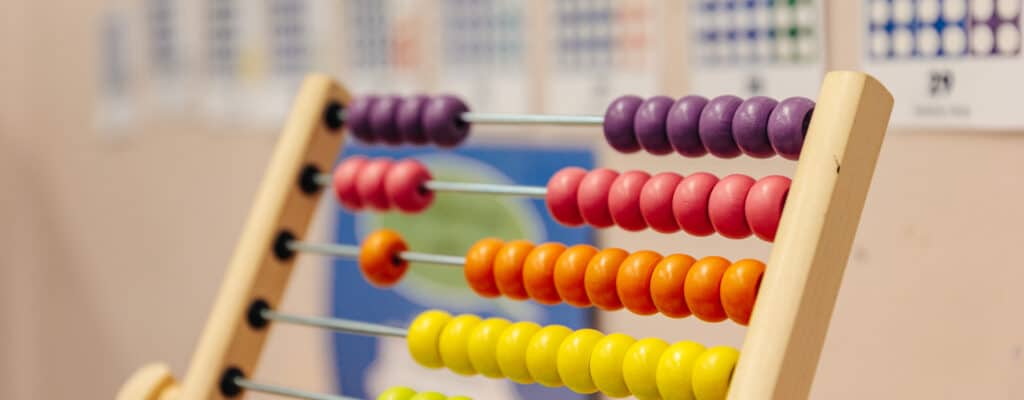Maths
At Dundry we aim for all of our children to see mathematics as a vital part of everyday life. We want children to develop a confident and enthusiastic attitude towards mathematics that will stay with them throughout their education.
Our mathematics lessons are based on the Mathematics National Curriculum Mathematics Programme of Study for Key Stage 1 and Key Stage 2, whilst the Statutory Framework for Early Years Foundation Stage is used in Reception. The underpinning values of the mathematics curriculum are to develop fluency, reasoning and problem solving in each area of maths that is covered.
Children are given opportunities for:
- Practical activities
- Mathematical games
- Problem solving
- Group discussions
- Open and closed tasks
How we teach calculations to your child
In Key Stage 1, the children are introduced to informal methods of calculating using pictures and number lines to explain and record their work. As the children progress through the school, they are introduced to more formal methods of calculating to explain and record their work. Children are encouraged to use a range of equipment to support and enhance their learning.
Mental methods first
Children are always encouraged to consider if mental calculation would be appropriate before using written methods. Mental methods are the foundation of mathematics with counting, addition, subtraction, multiplication, division being taught on a daily basis throughout the school. Children talk about their own methods whilst listening to others and identify the most efficient. our mental mathematics policy identifies the expectations of each individual year group. We are constantly building on and trying new ways for children to access mental mathematics in real life experiences to embed these skills into all cross-curricular opportunities. Place value is embedded from an early age with children using equipment to physically manipulate and visualise number.
Why children need to do written calculations
- To represent work that has been done practically
- To support, record and explain mental calculation
- To keep track of steps in a longer task
- To work out calculations that are too difficult to do mentally
Written methods are taught at Dundry with clear progression, beginning with practical equipment and mental methods, progressing to formal written methods. Once new skills have been taught and practised, children move on to applying these to solve problems and to reason mathematically.
Multiplication Tables
Multiplication tables are very important for all children to learn. Learning the tables and becoming confident in using them is an important skill to have as a mathematician. The National Curriculum states that the following times tables must be learned by the end of each school year:
Year 2: 2x, 3x, 5x, 10x
Year 3: 4x, 6x, 8x
Year 4: 7x, 9x,12x
We use TT Rockstars to support the learning of times tables at home.
Mathematical Reasoning
At Dundry, we are focusing on improving children’s ability to use mathematical reasoning. Reasoning skills allow children to approach problems logically, explain answers clearly and consider an range of methods before settling on an answer. Children are encouraged to explain their answers clearly and to think about different methods that can be used to search for more than one answer.
Problem Solving
At Dundry, a problem solving approach is taught which allows all children to celebrate the process of finding possible solutions. Children are given time to test out their ideas, to make conjectures, to go up ‘dead ends’ and adjust their thinking in light of what they have learnt, discuss ideas with others and be comfortable to take risks. When our children are confident to behave in these ways they are then able to work independently on problem solving. Our teachers support and develop the skills children need to tackle problems by creating a classroom culture where questioning and deep thinking are valued, mistakes are seen as useful, all children contribute and their suggestions are valued, being stuck is seen as normal and children learn from shared discussions with the teacher, teaching assistant and their peers.
What will your child learn in Maths?
Dundry Progression Document (White Rose)
Contact Us



